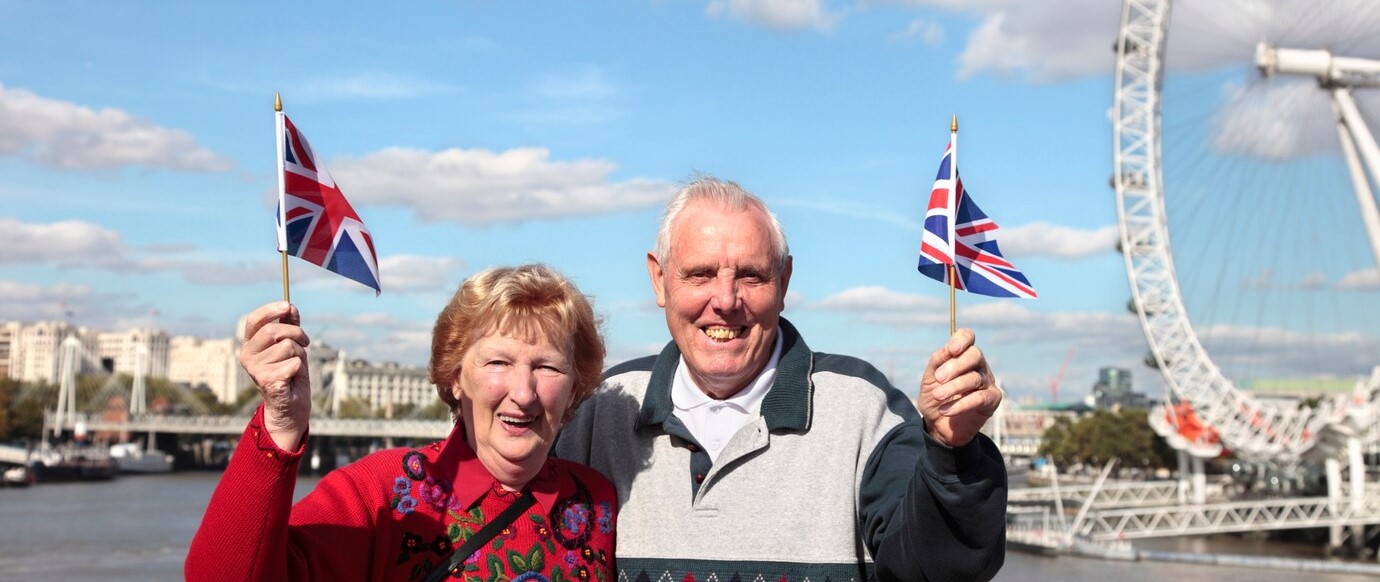
The Indefinite Leave to Remain (ILR) Adult Dependent Route
allows non-EEA adult relatives of settled individuals or British citizens to live permanently in the UK if they require long-term care due to age, illness, or disability.
Eligibility Criteria
- Relationship: Must be a parent, grandparent, sibling, or adult child of a settled person or British citizen.
- Care Needs: Requires long-term personal care due to age, illness, or disability.
- Care Availability: No adequate care available in the home country.
- Dependence on Sponsor: Sponsor must provide care, accommodation, and financial support without public funds.
- Entry Clearance: Must obtain entry clearance from outside the UK.
Application Process
The application for ILR under the Adult Dependant Route involves several steps:
- Gather Documentation: Collect all necessary documents, including proof of relationship, medical evidence of care needs, financial evidence from the sponsor, and evidence that care is not available in the home country.
- Submit Application: Applications must be submitted from outside the UK, and applicants need to apply for entry clearance.
- Biometric Information: Provide biometric information (fingerprints and photo) at a visa application center.
- Decision: Await a decision from UK Visas and Immigration (UKVI). The processing time can vary.
Key Points
- No Public Funds: Sponsor must support the dependent without public funds.
- Permanent Residency: Successful applicants can live in the UK permanently.
- Complex Process: Seeking professional advice is recommended due to strict criteria.
FAQ (Frequently asked questions):
The Adult Dependant Route allows adult dependants of British citizens or settled persons to apply for ILR if they require long-term care from their relative in the UK.
Typically, an adult dependant is an adult relative (like a parent or grandparent) who requires long-term personal care due to age, illness, or disability and cannot receive this care in their home country.
You must:
- Be an adult requiring long-term personal care.
- Have a British citizen or settled person in the UK who can provide this care.
- Show that the care needed cannot be provided in your home country.
- Meet the financial requirements, ensuring your care in the UK does not require public funds.
You need medical evidence detailing your condition and the type of care required, and evidence that this care cannot be provided in your home country. This can include doctor’s letters, care plans, and evidence of attempts to find care locally.
Complete the appropriate application form, pay the fee, provide biometric data, and submit supporting documents like medical evidence, proof of relationship, and evidence of your sponsor’s ability to provide care and financial support.
Yes, once you obtain ILR, you can work and live in the UK without restrictions.
You can appeal against the decision or request an administrative review. It’s advisable to seek legal advice to understand your options and the best way to proceed.
Yes, you can lose your ILR if you leave the UK for more than 2 years, are deported, or commit a serious crime.
Yes, you can apply for British citizenship after holding ILR for 12 months, provided you meet residency and good character requirements.
Processing usually takes around 6 months. Priority services may expedite this by a few weeks or days.
For Expert legal advice and assistance, reach out to Imran & Co Solicitors today.
Immigration
Services

Personalized Legal Assistance

Experienced Legal Team
Get Free Advice




